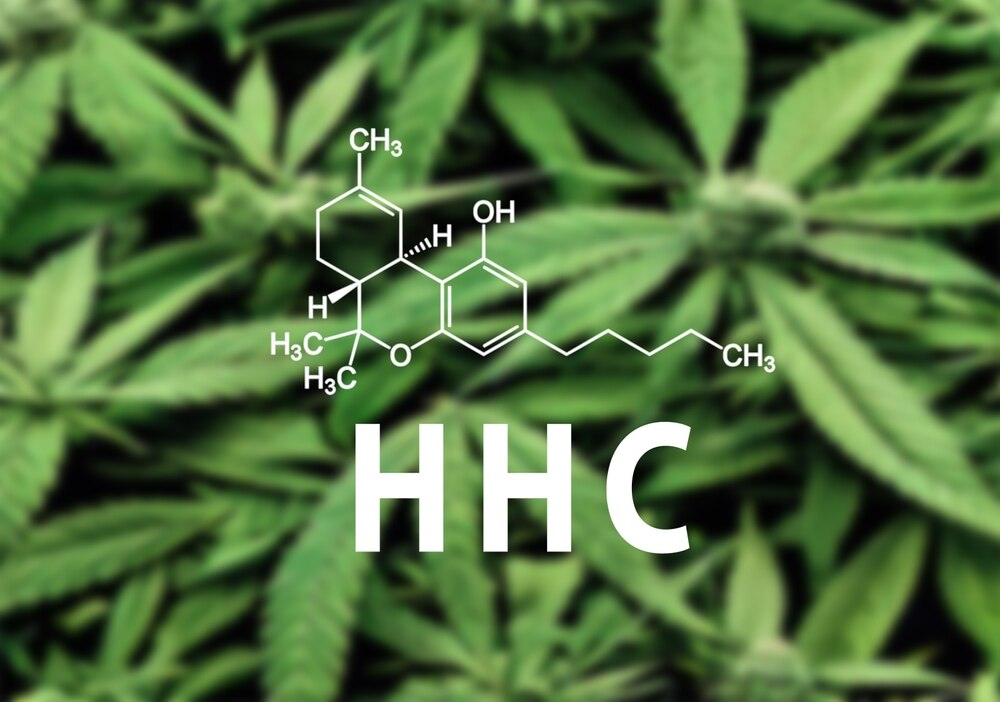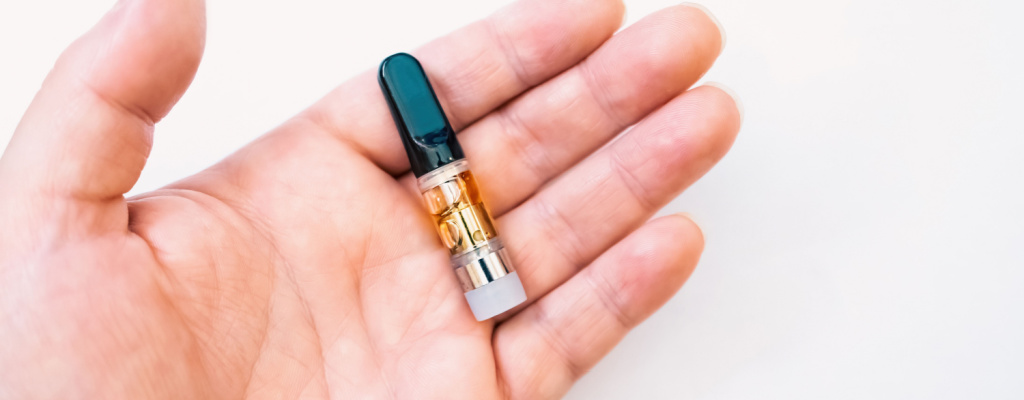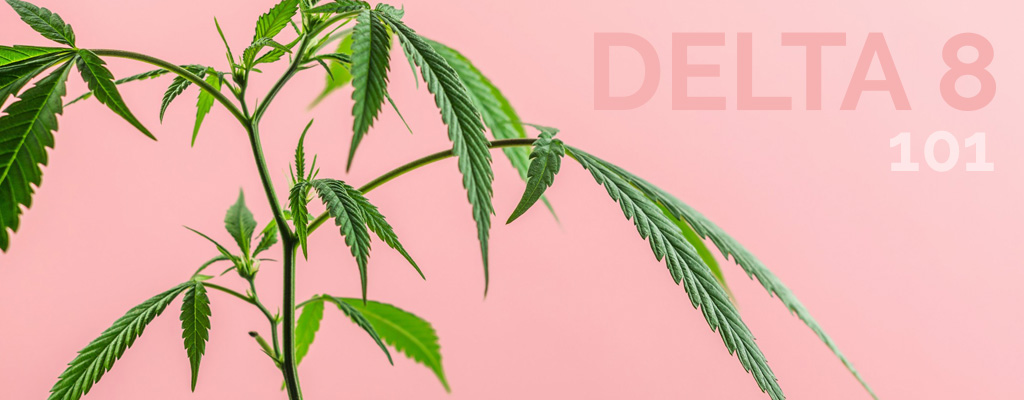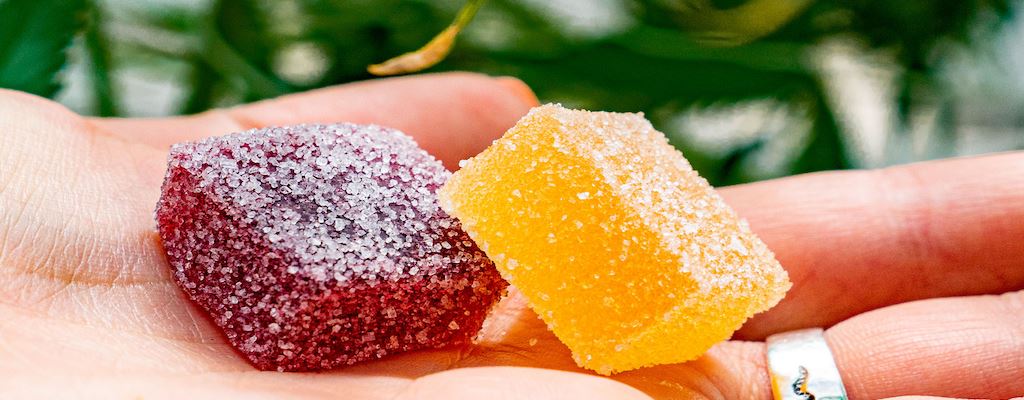TL;DR: Is HHC Stronger Than Delta 8?
HHC and Delta 8 are both hemp-derived cannabinoids with similar effects, but HHC is generally considered stronger than Delta 8.
- What are HHC and Delta 8? Both interact with the endocannabinoid system and produce psychoactive effects.
- Legality: Federally legal under the 2018 Farm Bill, but state laws vary.
- Potency:
- Delta 8: Milder, similar to a weaker form of Delta 9 THC.
- HHC: Likely stronger than Delta 8 but weaker than Delta 9.
- Best for:
- HHC: Stronger effects, closer to Delta 9.
- Delta 8: Milder, great for beginners.
Find high-quality HHC and Delta 8 at Delta 8 Resellers!
Delta 8 is one of the most popular federally legal cannabinoids. HHC has also become increasingly popular since it was produced. While both are effective, they have different levels of potency.
So, which one is stronger? Is HHC stronger than Delta 8, or is Delta 8 stronger than HHC?
Keep reading to find out the answer to these questions and more info about the HHC vs Delta 8 debate.
We’ll start by reviewing what Delta 8 and HHC are. Then, we’ll turn to user reports and other sources to help determine which cannabinoid is stronger.
What are HHC and Delta 8?
Let’s begin by reviewing the many similarities between Delta 8 and HHC. We’ll say it right here before diving into the specifics: in the question of HHC vs Delta-8, the differences are minor, although some are important. Then, we’ll highlight some unique qualities of each one.
HHC and Delta 8 are both cannabinoids. In other words, they’re chemicals found in cannabis and hemp plants that interact with the endocannabinoid system. They are also both seen as minor cannabinoids because they occur in these plants only in trace amounts.
Most products containing Delta 8 and HHC are made with CBD, which is abundant in hemp plants. Professionals in controlled lab settings used established processes to chemically convert that CBD into Delta 8, HHC, and other cannabinoids.
HHC and Delta 8: Common Effects and Side Effects
Those interactions lead to specific effects. In the case of HHC, Delta 8, and many others (but not all cannabinoids), those effects can vary from person to person. However, commonly reported psychoactive effects include:
- An altered sense of perception
- A feeling of relaxation and calmness
- Increased feeling of creativity and creative thought
- Stimulated appetite
Side effects of these cannabinoids can include red eyes, dry mouth, anxiety, and increased reaction times. These side effects may be more common and intense at high doses but could still appear at lower doses.
This is why we recommend taking a small dose when trying any cannabinoid for the first time. Then, wait for the effects to kick in. It’s an easy way to figure out if a specific cannabinoid is right for you while limiting both its intended effects and side effects.
Are HHC and Delta 8 Legal?
The 2018 Farm Bill included language that legalized the commercial production of hemp plants. The one major restriction put in place was a limit of 0.3% Delta 9 THC in this cultivated hemp.
This language means that other cannabinoids found in hemp, like HHC and Delta 8, are legal federally. A 2022 decision by the U.S. Court of Appeals for the Ninth Circuit, cited by Marijuana Moment, reinforced this view of federal law.
It’s important to note that some states and municipalities have more restrictive laws related to hemp-derived cannabinoids. While these cannabinoids are federally legal, that doesn’t make them legal at all levels across the country. Always look into your local and state laws before purchasing or using cannabinoids.

What Makes Delta 8 Unique?
Delta 8 has similar effects in the big picture as Delta 9 THC, the major cannabinoid found in cannabis plants. Because Delta 9 has been researched much more thoroughly than newer hemp-derived cannabinoids, it’s an effective point of reference.
Delta 8 is thought to be not as strong as Delta 9. Why? Because Delta 8 doesn’t appear to attach as strongly to receptors in the endocannabinoid system as Delta 9.
The key difference in these two chemicals comes from the location of their double bond. Delta 9 has a double bond on the ninth carbon atom (hence its name). Delta 8’s double bond is on the eighth carbon atom.
Delta 8 was the first hemp-derived cannabinoid to emerge on a major level following federal legalization. It’s among the most commonly available from brands and retailers.
What Makes HHC Unique?
Hexahydrocannabinol (HHC) adds a hydrogen atom to the standard Delta 9 chemical structure. This process of hydrogenation changes that chemical structure, creating a unique compound.
HHC has a long history compared to most other federally legal cannabinoids. A US patent was issued in 1947 to organic chemist Roger Adams for his discovery of it. However, it remained mostly obscure until federal law related to cannabinoids changed in 2018.
It appears HHC is somewhere between Delta 8 and Delta 9 in terms of potency. We’ll take a closer look in the next section.
Which is Stronger, HHC or Delta 8?
We promise there’s a simple answer to the question of if HHC is stronger than Delta 8, but the following context is important.
It’s vital to note that ranking the potency of cannabinoids relies on available information. Hemp-derived cannabinoids have only been federally legal and generally available for a handful of years. There is plenty of interest in them, but detailed research takes time.
There isn’t concrete, peer-reviewed data collected using the scientific method that can offer an absolute answer to questions about the relative strength of cannabinoids. However, there is anecdotal evidence that can provide a useful amount of context.
In other words, we can’t answer the question of whether Delta-8 is stronger than HHC in a way that would satisfy a rigorous scientific inquiry. But we can answer that question in a helpful and practical way for people who enjoy these cannabinoids.
In many cases, these newer cannabinoids are compared to Delta 9 (which is itself available from retailers and federally legal when derived from hemp plants). These comparisons are helpful because Delta 9 has been used across the globe for many centuries and has more definitive research behind it.
When it comes to the question of whether HHC is stronger than Delta 8, the answer appears to be that HHC is stronger.
Here’s the logic behind the answer to this question in the HHC vs Delta 8 debate. Delta 8 is thought to be weaker than Delta 9. User reports and other available information also indicate that HHC is likely between Delta 8 and Delta 9 in terms of potency.
So, is HHC stronger than Delta 8? Just to make sure the answer is as clear as possible, yes! HHC is likely stronger than Delta 8 when comparing doses of the same size. We have enough information from users to say this is likely true, although we can’t completely confirm it.
What about HHC and other cannabinoids? With the limitations we just reviewed in mind, here are some questions and possible answers:
- Is HHC stronger than Delta 9? HHC is likely weaker than Delta 9, all other factors (i.e. how you consume it and how much you consume) being equal. Therefore, we can also say that Delta 9 is stronger than HHC.
- Is HHC stronger than Delta 10? Leafwell explains that Delta 10 is the weakest cannabinoid between itself, Delta 8, and Delta 9. We know HHC is probably stronger than Delta 9, so HHC is likely stronger than Delta 10 as well.
So, if potency is your goal with cannabinoids, HHC is a great place to start. So is hemp-derived Delta 9. If you’re looking for a less-intense but still satisfying experience, Delta 8 may be your best choice.
Finding High-Quality Cannabinoids
No matter what type of cannabinoids you want to use, it’s always important to find a high-quality provider.
Delta 8 Resellers only works with leading industry brands that demonstrate a commitment to quality and safety. We also provide the results of independent lab testing for our inventory whenever possible, so you can check potency and quality for yourself.



